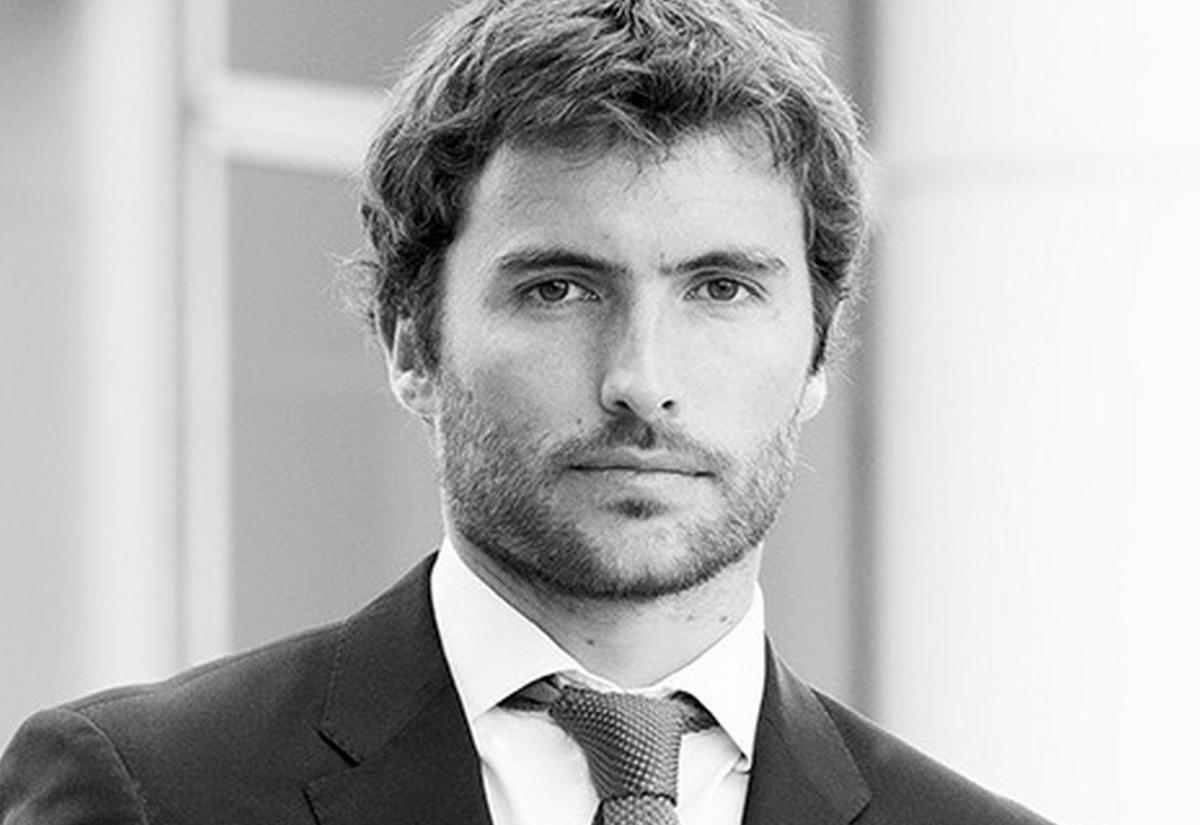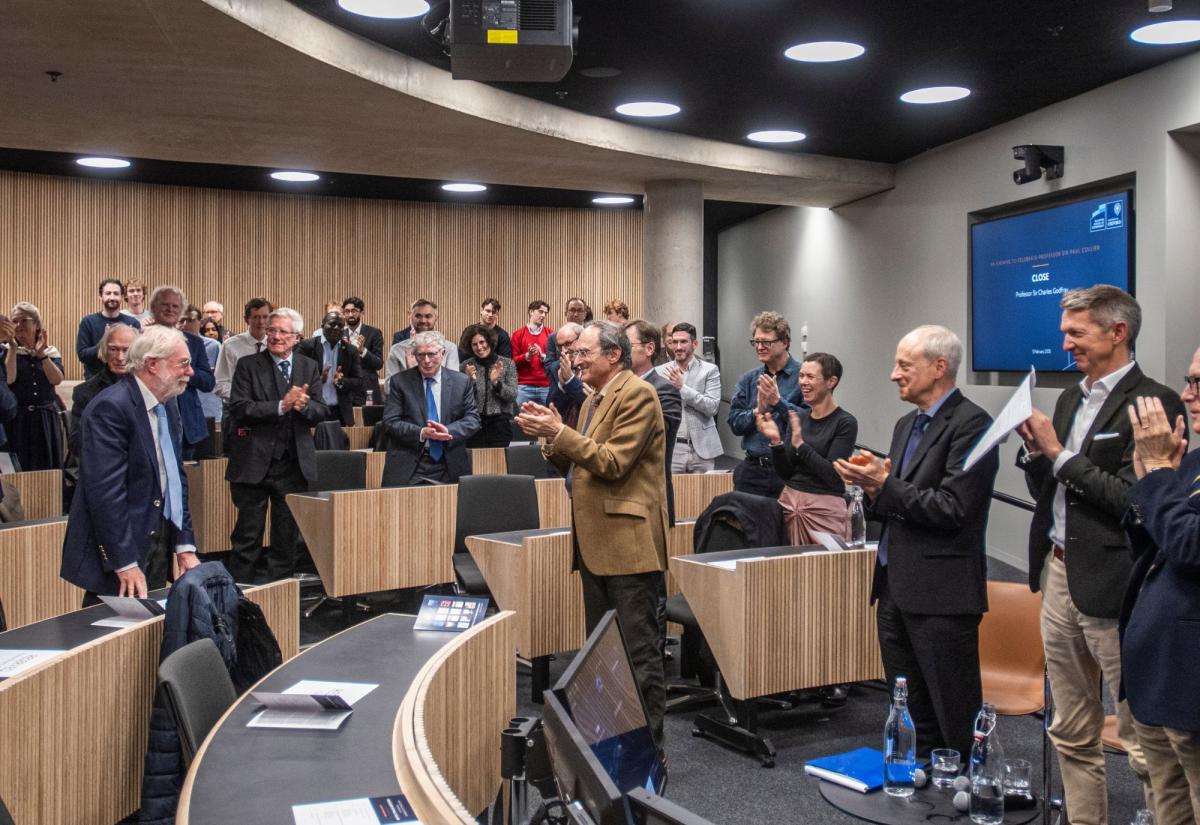Image credit: John Cairns
Drought-resistant crops, groundbreaking communications technology and the most comprehensive analysis of Western music ever written are just some of the contributions that this year’s Kyoto Prize Laureates have made to the advancement of global knowledge and society. On Tuesday 8 and Wednesday 9 May, we will have the honour of welcoming plant physiologist Dr Graham Farquhar; semiconductor engineer Dr Takashi Mimura; and musicologist Dr Richard Taruskin, to the Blavatnik School for the second Kyoto Prize at Oxford.
Next week, the three current Laureates will engage with students and faculty across the University, members of the public and a global audience. Each Laureate will give a public lecture, offering an insight into both their work and their lives, reflecting on the successes and challenges of their illustrious careers.
These inspiring talks are free and open to all, and registration is via the Kyoto Prize at Oxford website. Remote participation is also possible as all three talks will be livestreamed, with the opportunity to ask questions through Slido. The programme is as follows – please click on each link to see the details and register.
Adventures across disciplines: studying biophysics, and observing the shaping of policies
Public Lecture by Dr Graham Farquhar, 2017 Laureate for Basic Sciences
Tuesday 8 May, 9.30am
With his work spanning physics, applied mathematics and plant physiology, Dr Farquhar’s remarkable work on models of photosynthesis has helped understand and mitigate the effects of climate change on plants, including developing drought-resistant strains of wheat. In his lecture he will share insights from his work as a scientist as well as the contributions he has made to policy as a scientific advisor during key climate change negotiations.
Please take your seats by 9.20am as the lecture will be preceded by a welcome by Professor Louise Richardson, Vice-Chancellor of the University of Oxford.
My fifty years with the transistor
Public Lecture by Dr Takashi Mimura, 2017 Laureate for Advanced Technology
Tuesday 8 May, 11.45am
From the first ever glimpse of Neptune transmitted by Voyager 2 in 1989, to the base stations used every day for our mobile phones and antennas, the High Electron Mobility Transistor (HEMT) was instrumental in allowing broadcasting-satellite systems to spread around the world. In his fascinating talk, Dr Mimura will explore the succession of events that led him to invent the device and how this achievement changed the worlds of both information and communications technology and physics studies of electrons.
How to win a Stalin Prize: Shostakovich’s Piano Quintet
Public Lecture by Dr Richard Taruskin, 2017 Laureate for Arts and Philosophy, with a performance by the Villiers Quartet and Jeremy Young, piano
Tuesday 8 May, 3.00pm
In this lecture combined with music, Dr Taruskin will focus on Shostakovich’s popular Piano Quintet – supported by the University of Oxford’s quartet in residence. Musicologist, critic, historian and author of landmark study “The Oxford History of Western Music”, Dr Taruskin has transformed contemporary perspectives on the performance and the study of music through his convention-defying historical research and essays.
The Kyoto Prize is awarded by the Inamori Foundation each year, to honour those who have contributed significantly to the scientific, cultural, and spiritual betterment of humankind. In recognition of a shared commitment to international understanding, the pursuit of knowledge and the advancement of society, the Kyoto Prize at Oxford was founded as a partnership between the Inamori Foundation and the Blavatnik School of Government, on behalf of the University of Oxford. The inaugural Kyoto Prize at Oxford was held in May 2017, with Dr Inamori officially naming the Blavatnik School’s Inamori Forum.
We hope you can join us for what promises to be a varied and stimulating programme of events.



